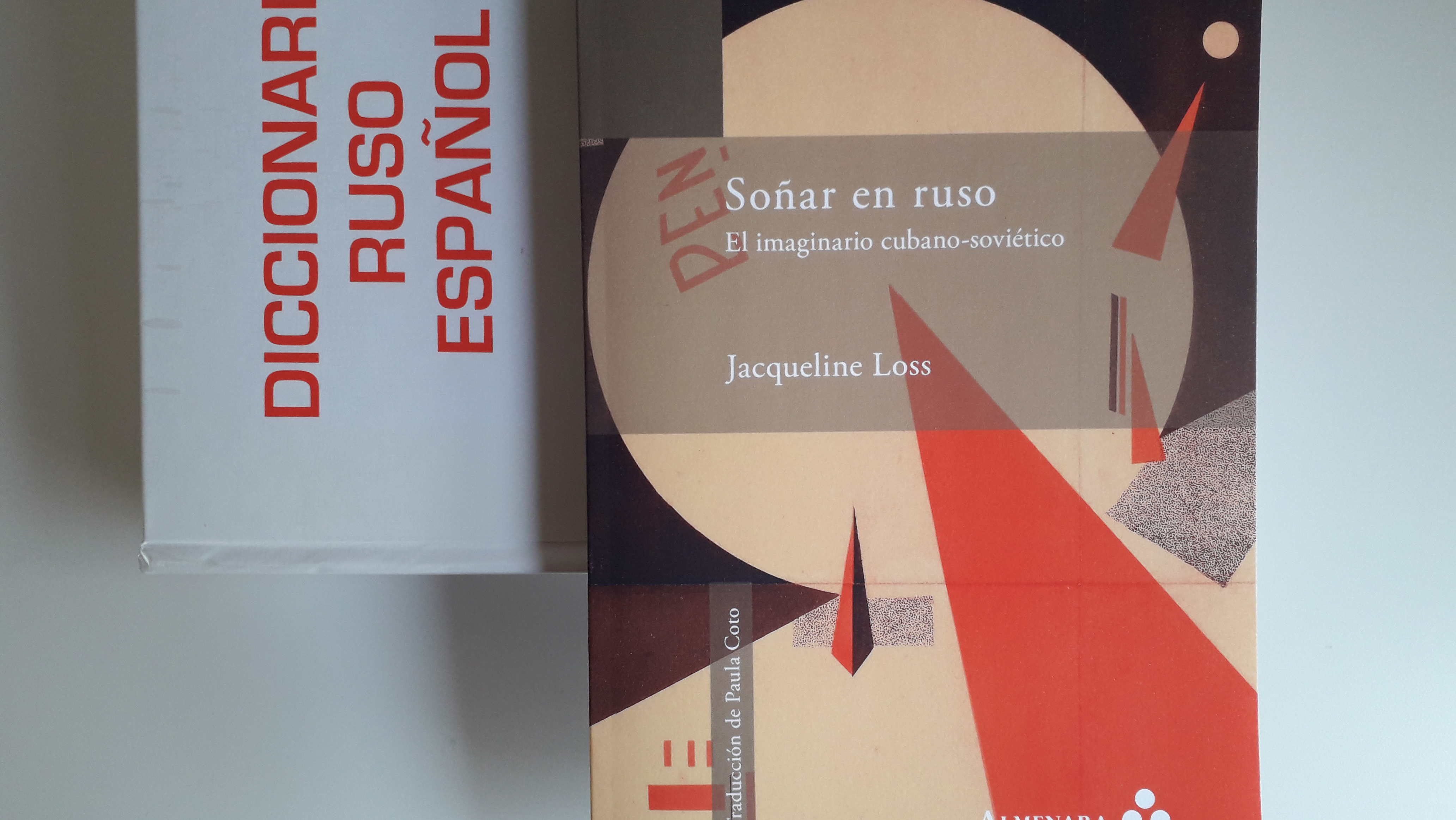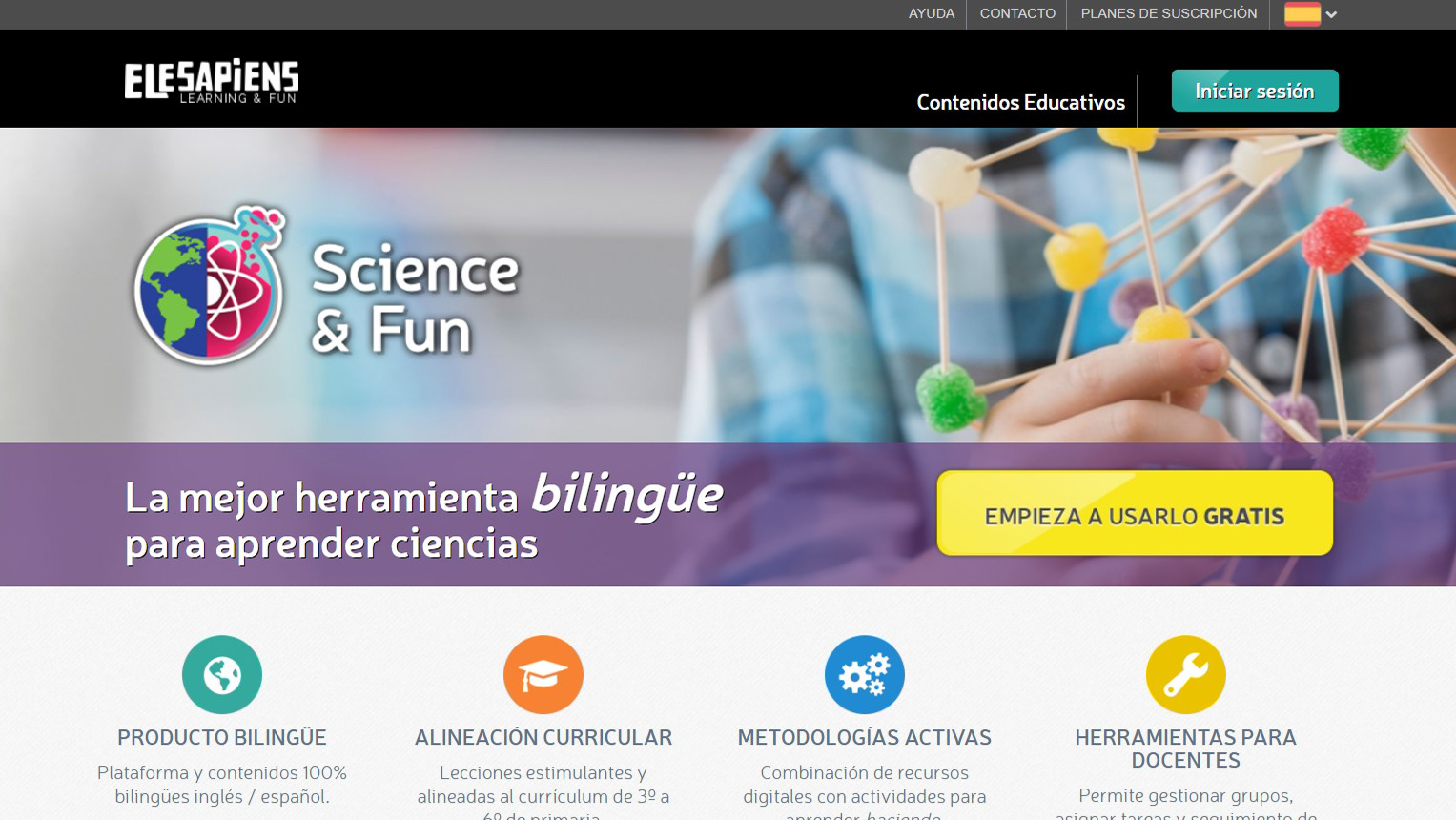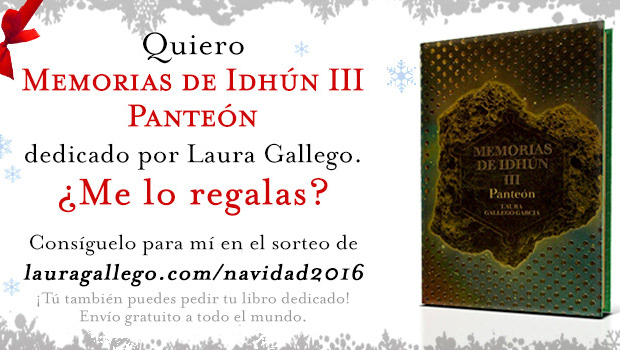My Own Thesis Project: Multilingualism and Linguistic Variations in the Spanish Translation of the 21st Century Italian Novel
Started in 2019 as a PhD student at UCM and continued on my own after the COVID-19 pandemic, my main research lines are:
- Literary translation
- Compared linguistics (between Italian and Spanish)
- Sociolinguistics
- Compared linguistics (between Italian and Spanish)
- Sociolinguistics
Research goals:
With 20 regions and 110 provinces, Italy does not only show a varied administrative landscape, but also a great linguistic diversity. Around 51 % of the population speaks Italian in addition to another dialect or local language.
How does this sociolinguistic wealth reflect in contemporary Italian narrative? To what extent are multilingualism and linguistic variations featured in the Italian literature of the first quarter of the 21st century? What are the translation problems derived from the confluence of different languages or dialects in a 21st century Italian novel and, in particular, when translating into Spanish?
To sum up, my research is aimed at offering a linguistic compared analysis that allows translators and editors to face the translation into Spanish of the Italian narrative works from the first quarter of the 21st century in which the Italian language combines with other languages and linguistic variations in Italy, for their publication in both book and audiobook formats.
Main authors examined, without limitation:
- Umberto Eco, Alessandria (1932)
- Andrea Camilleri, Borgo (1925)
- Paolo Nori, Parma (1963)
- Elena Ferrante, Naples (1943)
- Antonio Tabucchi, Pisa (1943)
- Andrea Camilleri, Borgo (1925)
- Paolo Nori, Parma (1963)
- Elena Ferrante, Naples (1943)
- Antonio Tabucchi, Pisa (1943)
Collaborating with Third Parties' Research
Being passionate about Applied Linguistics, I help in carrying out additional researches within this field.
For instance, in March 2020 I was required to complete an EN-ES translation of a passage of Stephen King's terror novel Misery by Ms. Rosana Esquina López, a PhD student from the University of Murcia who investigates the relation between emotions, the translation process and the translation output, in particular for the production of audiobooks.










